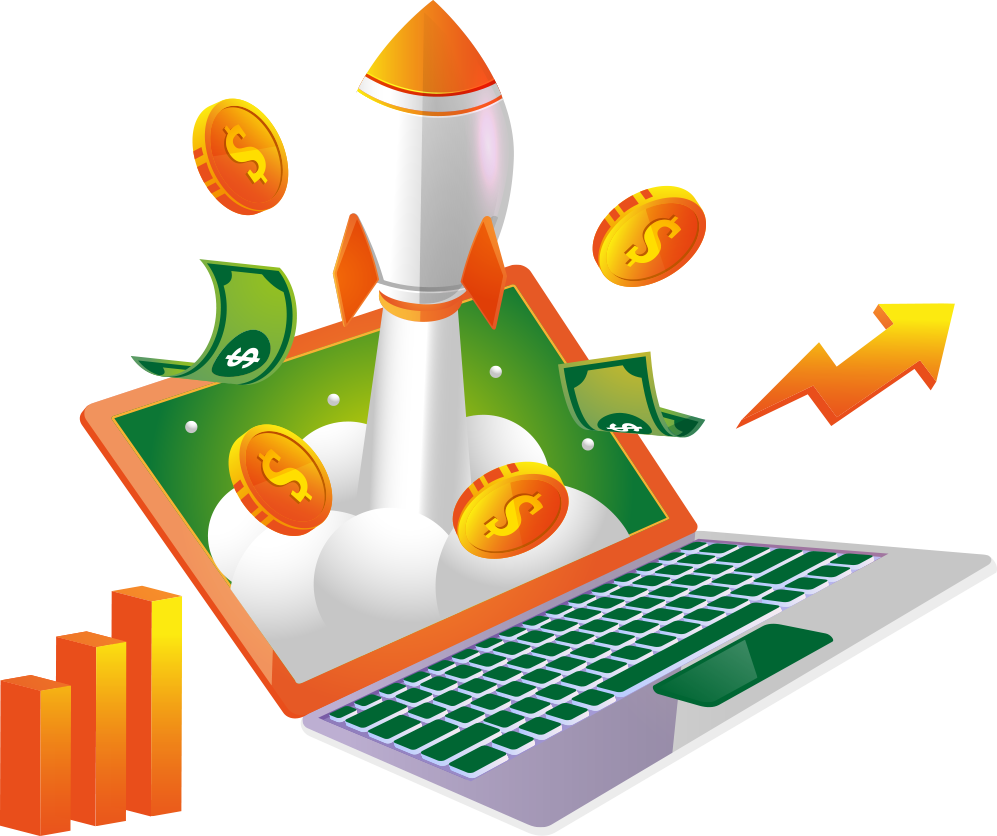High performance
Let’s explore the fascinating world of blockchain technology. what is blockchain? definition: a blockchain is a decentralized, distributed ledger that records transactions across multiple computers (nodes) in a secure and transparent manner. blocks: transactions are grouped into blocks, which are linked together in chronological order. security: each block contains a cryptographic hash of the previous block, ensuring data integrity and preventing tampering. key features: decentralization: no central authority controls the blockchain. it relies on consensus mechanisms (e.g., proof of work or proof of stake). immutability: once a transaction is recorded, it cannot be altered or deleted. transparency: anyone can view the entire transaction history. smart contracts: self-executing contracts that automate processes based on predefined rules. use cases: cryptocurrencies: bitcoin and ethereum are well-known blockchain-based cryptocurrencies. supply chain management: track products from origin to consumer. identity verification: securely manage identity and personal data. healthcare: share patient records across providers. real estate: simplify property transfers and ownership. challenges: scalability: as more transactions occur, scalability becomes crucial. energy consumption: proof of work blockchains consume significant energy. interoperability: different blockchains need to communicate seamlessly. emerging trends: layer 2 solutions: improve scalability (e.g., lightning network for bitcoin). defi (decentralized finance): financial services built on blockchain. nfts (non-fungible tokens): unique digital assets (art, collectibles) on blockchains. remember, blockchain technology has immense potential beyond cryptocurrencies. if you have specific questions or want to explore further, feel free to ask! 🌐🔗


















